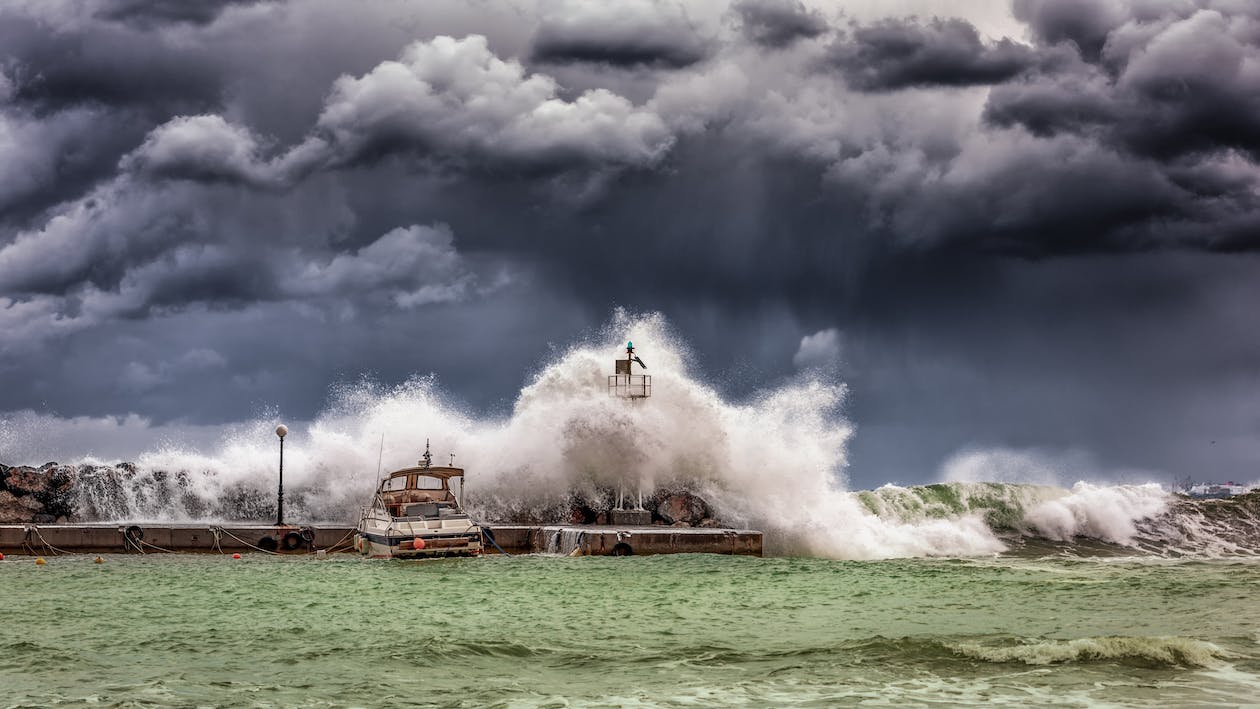Is It Illegal to Collect Rainwater in Palestine?
Image source: Pexels.com
Rainwater harvesting is a great way to save water, money, and the environment. It can also provide a reliable source of water for your household, garden, or farm. But is it legal to collect rainwater in Palestine? The answer is not so simple.
The Water Crisis in Palestine
Palestine faces a severe water crisis due to several factors, such as:
The unequal distribution of water resources
Israel controls most of the groundwater and surface water in the region and allocates only a fraction of it to the Palestinians. According to Amnesty International, Israel uses about 86% of the water from the Mountain Aquifer, the main source of water for both Israelis and Palestinians, while Palestinians get only 14%.
The Israeli occupation and restrictions
Israel has imposed military orders that prohibit Palestinians from constructing or repairing any water infrastructure without a permit, which is very hard to obtain. Israel also destroys or confiscates Palestinian water facilities, such as wells, cisterns, pipes, and tanks. Israel also denies Palestinians access to the Jordan River and fresh water springs.
The poor quality and quantity of water
The water that Palestinians receive from Israel or from their own wells is often contaminated, insufficient, and expensive. According to the World Health Organization, the minimum water requirement per person per day is 100 liters, but many Palestinians have access to less than 50 liters. Some rural communities have no access to running water at all and have to rely on water tankers or rainwater harvesting.
The Benefits of Rainwater Harvesting
Rainwater harvesting is the practice of collecting and storing rain for reuse, rather than letting the water run off and be absorbed into the ground or channeled into drains, streams, or rivers. Rainwater harvesting can have many benefits, such as:
- Reducing the demand for municipal water and the water bill
- Providing a backup water supply in case of drought or emergency
- Improving the quality and quantity of groundwater by reducing runoff and erosion
- Saving energy by reducing the need for pumping and treating water
- Supporting water self-sufficiency and independence
- Providing soft and pure water for plants and animals
Rainwater harvesting can be done in many ways, from simple barrels to more complex systems with pumps, tanks, and filters. You can use rainwater for various purposes, such as irrigation, washing, flushing, heating, and even drinking, depending on the quality and treatment of the water.
The Legal Status of Rainwater Harvesting in Palestine
So, is it legal to collect rainwater in Palestine? The answer depends on where you live and what kind of system you use.
In the West Bank
Rainwater harvesting is technically legal, but it is subject to Israeli military orders and restrictions. As mentioned earlier, Palestinians need a permit from the Israeli authorities to build or repair any water infrastructure, including rainwater harvesting systems. However, getting a permit is very difficult and often denied. Therefore, many Palestinians build rainwater harvesting systems without a permit, risking demolition or confiscation by the Israeli army.
In the Gaza Strip
Rainwater harvesting is legal and encouraged by the Palestinian authorities and international organizations. Due to the Israeli blockade and the overexploitation of the coastal aquifer, the only source of water for Gaza, the water situation is dire. The aquifer is severely depleted and polluted, and the water is unfit for human consumption. Therefore, rainwater harvesting is seen as a vital alternative and a coping strategy for the people of Gaza. Many households, schools, farms, and mosques have installed rainwater harvesting systems to supplement their water needs.
How to Collect Rainwater in Palestine
If you live in Palestine and want to collect rainwater, here are some tips and steps to follow:
- Check the local laws and regulations regarding rainwater harvesting. If you live in the West Bank, you may need a permit from the Israeli authorities, which can be hard to get. If you live in Gaza, you may not need a permit, but you may need to follow some guidelines and standards.
- Choose a suitable location and system for your rainwater harvesting. You can use your roof, balcony, patio, or any other surface that can catch rainwater. You can also use a simple barrel, a plastic tank, a concrete cistern, or a more advanced system with pumps and filters. Make sure your system is safe, clean, and durable.
- Install gutters, pipes, and valves to direct the rainwater from the catchment area to the storage tank. You may also need a first flush device to divert the first dirty water that washes off the roof. You may also need a filter or a screen to prevent debris, insects, and animals from entering the tank.
- Maintain and monitor your rainwater harvesting system regularly. You should check the catchment area, the pipes, the tank, and the valves for any leaks, cracks, or damages. You should also clean the tank and the filter periodically to prevent algae, bacteria, or fungi from growing. You should also test the water quality and treat it if necessary, especially if you want to use it for drinking or cooking.
Conclusion
Rainwater harvesting is a great way to save water, money, and the environment. It can also provide a reliable source of water for your household, garden, or farm. However, if you live in Palestine, you may face some legal and practical challenges to collect rainwater. You should be aware of the local laws and regulations, and choose a suitable system for your needs and location. You should also maintain and monitor your system regularly to ensure its safety and efficiency.
I hope you enjoyed this blog post and learned something new.





0